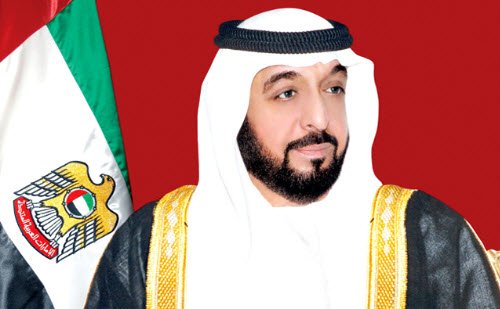UAE laws are known to be the strictest in the world. It is once again proved as UAE President issued a federal law under which if anyone uses fraud IP in the country, they will have to pay a huge fine of Dh500,000. This is approximately equivalent to USD 136,000. The new federal laws in UAE not only talk about punishment for using fraud IP’s with criminal intent – but it also hints that one cannot use VPN, an IP Hider or an IP changer software that might pose as a fraud IP.

What are laws in UAE regarding fraud IP
The UAE President His Highness Sheikh Khalifa bin Zayed Al Nahyan has issued a number of special federal laws. These laws also include one new Federal Law No. 45/1992 that pertains to the Ministry of Foreign Affairs and one on regulating of the competencies of the National Media Council. The newly amended laws also include laws on combating cyber crimes and judicial fees at federal courts, such as usage of fraud IP. These are Federal Law No. 12/2016 amending Federal Law No. 5/2012 that talk about combating information technology crimes.
According to the law,
“Whoever uses a fraudulent computer network protocol address (IP address) by using a false address or a third-party address by any other means for the purpose of committing a crime or preventing its discovery, shall be punished by temporary imprisonment and a fine of no less than Dh500,000 and not exceeding Dh2,000,000, or either of these two penalties.”
What are the other federal laws UAE President has issued
Apart from the usage of fraud IP, UAE President has issued several other laws. One of the laws talks about the National Media Council, the federal government body established to oversee and undertake the media affairs of the United Arab Emirates. According to the law, the council has corporate character, an independent budget and the legal capacity required to undertake all activities to ensure achievement of its goals.
Another law talks about NMC’s scope of jurisdiction which includes the following: Developing and executing the required policies and plans to develop the media sector; proposing bills and regulations relating to the work of the Council in coordination with the relevant authorities in the country; proposing regulations, standards and foundations required for licensing and accrediting media outlets and their staff and activities, including e-publishing; issuing rules and regulations that ensure the achievement of the Council’s goals in line with the controls it specifies; coordinating with the authorities of media free zones on developing an organizational framework to regulate the Council’s relationship with these zones; representing the UAE at media meetings, events and activities in and outside the UAE; undertaking any other relevant responsibilities specified by the Cabinet’s regulations and resolutions.
To know more about the federal laws issued by UAE government, visit Emirates247.
Leave a Reply